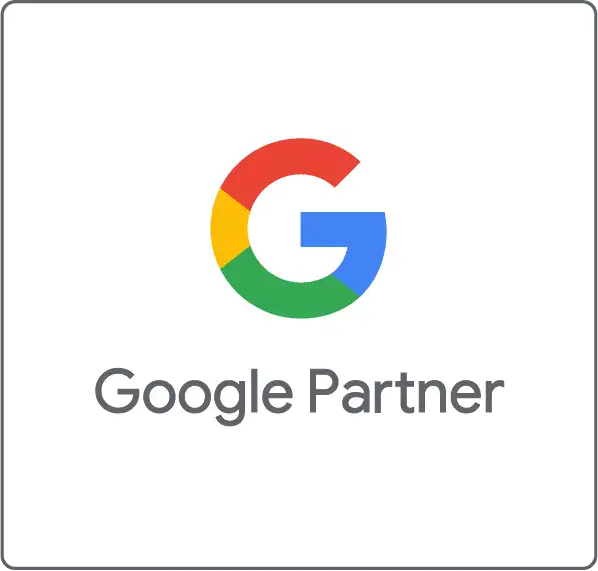Today on Digiday we read an update to the Confessions Series, where advertising executives speak anonymously in exchange for candor. In today’s article we hear about the challenges with the current publishing model, especially in the way it competes with ad tech, Facebook, and the ability to post content into a publishing space made available by Facebook. The general consensus from this executive is that when publishers are playing for pennies the ability to optimize yield 30%, collect audience data, or be part of a network isn’t attractive. Optimization for pennies is still not sexy. Immediately I think about the opportunity with audience extension campaigns.
What I don’t think a lot of publishers see is the opportunity to change their business models, or at least compliment them, related to the programmatic ecosystem. There are two ways to do this. The first is with Audience Extension campaigns. The second is fundamentally changing the business model.
Audience Extension
If I’m talking to a publisher who wants to create new opportunities I’m selling in an Audience Extension strategy.
In phase one we’re looking to place pixels from a MediaMath or The Trade Desk. The Trade Desk can deploy Universal Pixels, which allows me to create page audiences from within The Trade Desk. In MediaMath I’m deploying page pixels.
The sales opportunity for the publisher gives their clients virtually unlimited inventory to reach their audience. Then create an inventory strategy. Are you serving ads on the open exchanges or through custom private marketplaces? Define your brand safety specifications. Between Integral Ad Sciences, Double Verify, Moat, ForensIQ, Trust Metrics and comScore there are opportunities to ensure you protect your clients.
In phase two we are looking to develop custom audience segments based on users who visit different pages or channels your property, and model among third party data to create look-a-like audiences. A data management platform will be critical here.
By deploying an Audience Extension strategy publishers get to compete with so much more opportunity, inventory and data in their back pocket. In fact, I would explore the ability to target a publisher’s first party data on other premium properties, like Pandora, Spotify and Facebook. This way the publisher controls data ownership and expands the opportunity they offer.
Complimentary Business Models
Publishers like LA Weekly often serve small business marketers. They extend their capabilities into new markets, and leverage their role as a member of the Los Angeles community to drive new business. In addition to being a publisher they are a marketer.
Fundamentally, isn’t that what we all are? If publishers can start thinking like media agencies and content marketers they can expand opportunities. Business publishers can serve business communities by creating marketing opportunities connected through programmatic solutions. A lifestyle publisher can connect with other lifestyle publishers either through a direct relationship, or simply by buying their competitors inventory through open environments. I know it sounds crazy, but think about the power of being the publisher that is the one-stop shop for all marketing related to your niche? In fact, who is better to create social content, compelling stories, narratives and consumer journeys than a publisher who does that everyday?
This may be a radical idea, but think of it as a brand extension. As a marketer you have the ability to easily create programmatic solutions and be live with them in about three months. Use your competitive capabilities, intimate knowledge about your ecosystem, and turn your expertise into a new business model. Relate to your publishing content as the utmost elaborate content marketing for your business. You have the knowledge and authority to deliver real results for clients who want an expert partner in your niche. You’ve already developed the audience for your property. Can you apply that knowledge to client facing work? I think you can!
While ad tech and the evolution into digital media presents challenges to publishers, there are opportunities available. If publishers can take ad tech and pair it with a different way of thinking there may be massive new opportunities in the work




